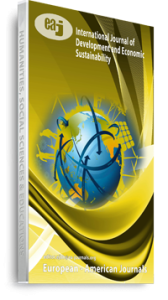The desirability of using tax incentives to facilitate new investment is a necessary condition for developing an avenue for managing the unsustainable fiscal deficits in Nigeria. Thus, effective tax systems are not only central to promoting economic growth but also crucial for achieving macroeconomic goals. The study examines tax incentives and revenue productivity of the Nigerian tax system from 1981 to 2009 periods in order to identify the short-run performance of various taxes. On the whole, the study reports unsatisfactory level of total tax revenue productivity in the country. This may be as a result of institutional failing, corruption in the tax system and the negligence created by the management of both oil and non-oil revenue. The study also identified the seemingly lagging sources of Nigeria’s Federal revenues and the non-buoyancy of the total tax revenue is a complete revelation of the poor tax effort in the Nigerian tax system. Reducing fiscal deficit in the budgetary process will put a check on expensive public expenditures. The study concludes that the report on total tax revenue buoyancy calls for serious attention and policy challenge, considering the enormous importance of generating resources and less dependence on external borrowing to facilitating economic growth and development. This can however be tackled by adopting sound policies that will reduce or eliminate the corruption prevalent in the tax system coupled with the inefficiency rocking the system.
Keywords: Revenue Productivity, Tax Buoyancy, Tax Elasticity and Nigerian Economy, Tax Incentives

